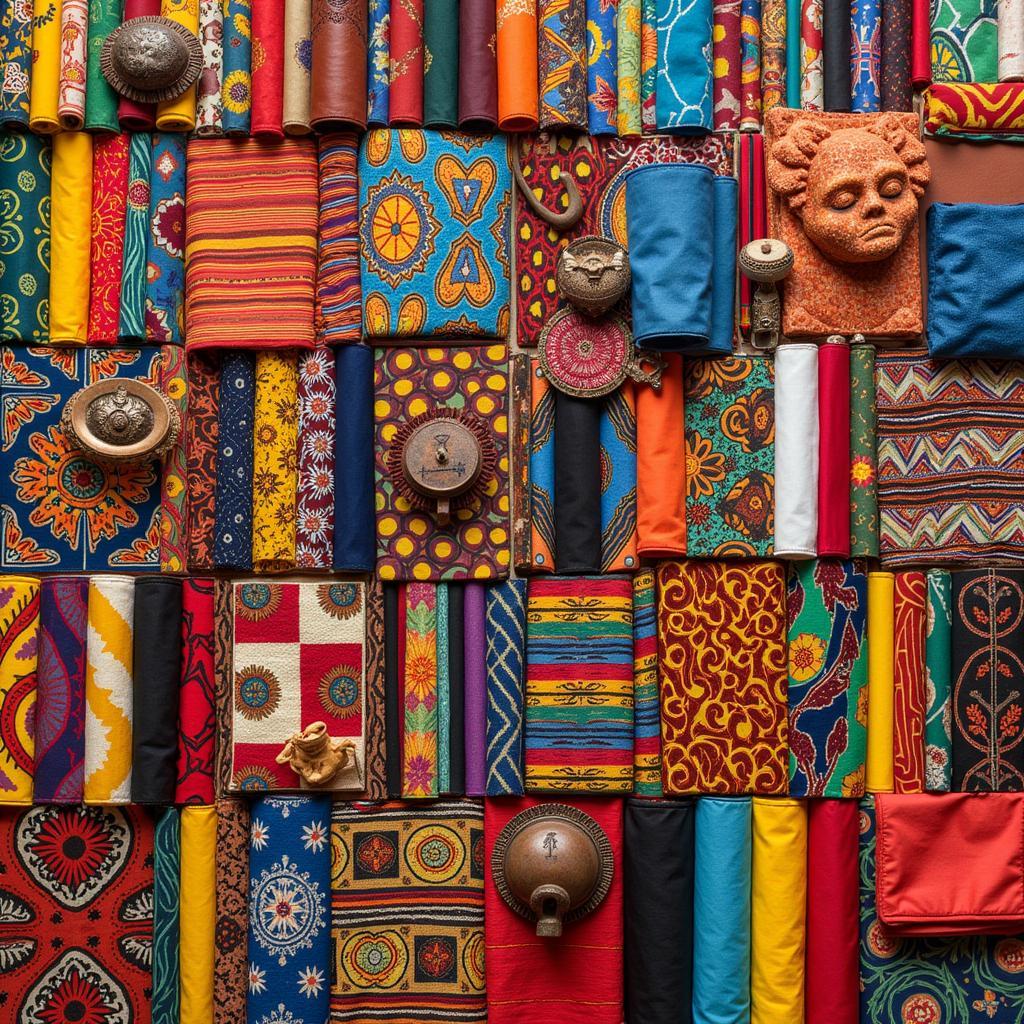What African Country Was Formerly Known as Abyssinia?
The African country formerly known as Abyssinia is Ethiopia. This ancient name, believed to have originated from the Arabic word “Habesh”, was widely used to refer to the region until the mid-20th century. While the name “Ethiopia” was officially adopted in 1941, “Abyssinia” still resonates in historical and cultural contexts, conjuring images of a land steeped in rich traditions and a captivating past.
A Deep Dive into Ethiopia’s Names
The history behind Ethiopia’s names is a fascinating journey through time and language. The term “Abyssinia,” while commonly used for centuries, was not favored by Ethiopians themselves. They identified their land as “ኢትዮጵያ” (ʾĪtyōṗṗyā) long before the world came to know it as Ethiopia.
-
Abyssinia: The most accepted theory traces the origin of “Abyssinia” back to the Arabic term “Habesh,” which means “mixed” or “gathered.” This likely referred to the diverse ethnic groups inhabiting the region.
-
Ethiopia: Derived from the Greek word “Aithiops,” “Ethiopia” translates to “land of the burnt-faced people.” This descriptor likely stemmed from the ancient Greeks’ observations of the dark complexion common among the region’s inhabitants.
The Official Shift: Embracing Ethiopia
In 1941, under the reign of Emperor Haile Selassie I, the country officially adopted “Ethiopia” as its name across international platforms. This decision marked a significant step in reclaiming their identity and shedding the externally imposed moniker of “Abyssinia.”
Why the Name Change Matters
The shift from “Abyssinia” to “Ethiopia” transcends a simple change in terminology. It signifies a nation’s assertion of its self-defined identity on the global stage.
-
Reclaiming their Narrative: By embracing “Ethiopia,” the nation reclaimed control over its narrative, moving away from a name assigned by outsiders and embracing the term they had used for themselves for millennia.
-
Cultural Significance: The name “Ethiopia” holds profound cultural and historical weight. It connects modern-day Ethiopians to their ancient roots, embodied in their language and historical records.
Ethiopia: A Tapestry of Culture and History
Today, Ethiopia stands as a beacon of rich heritage and cultural diversity in East Africa. The nation boasts a unique blend of ancient traditions and modern influences, captivating visitors with its vibrant art, music, cuisine, and natural beauty.
 Traditional Ethiopian Coffee Ceremony
Traditional Ethiopian Coffee Ceremony
From the historical wonders of Lalibela’s rock-hewn churches to the breathtaking landscapes of the Simien Mountains, Ethiopia offers a journey of discovery for every traveler. The country’s vibrant culture, steeped in ancient traditions and a resilience that echoes through the ages, continues to fascinate and inspire. While the name “Abyssinia” may linger in history books, it is “Ethiopia” that shines brightly on the world map, a testament to the enduring spirit of its people and the allure of its captivating narrative.

